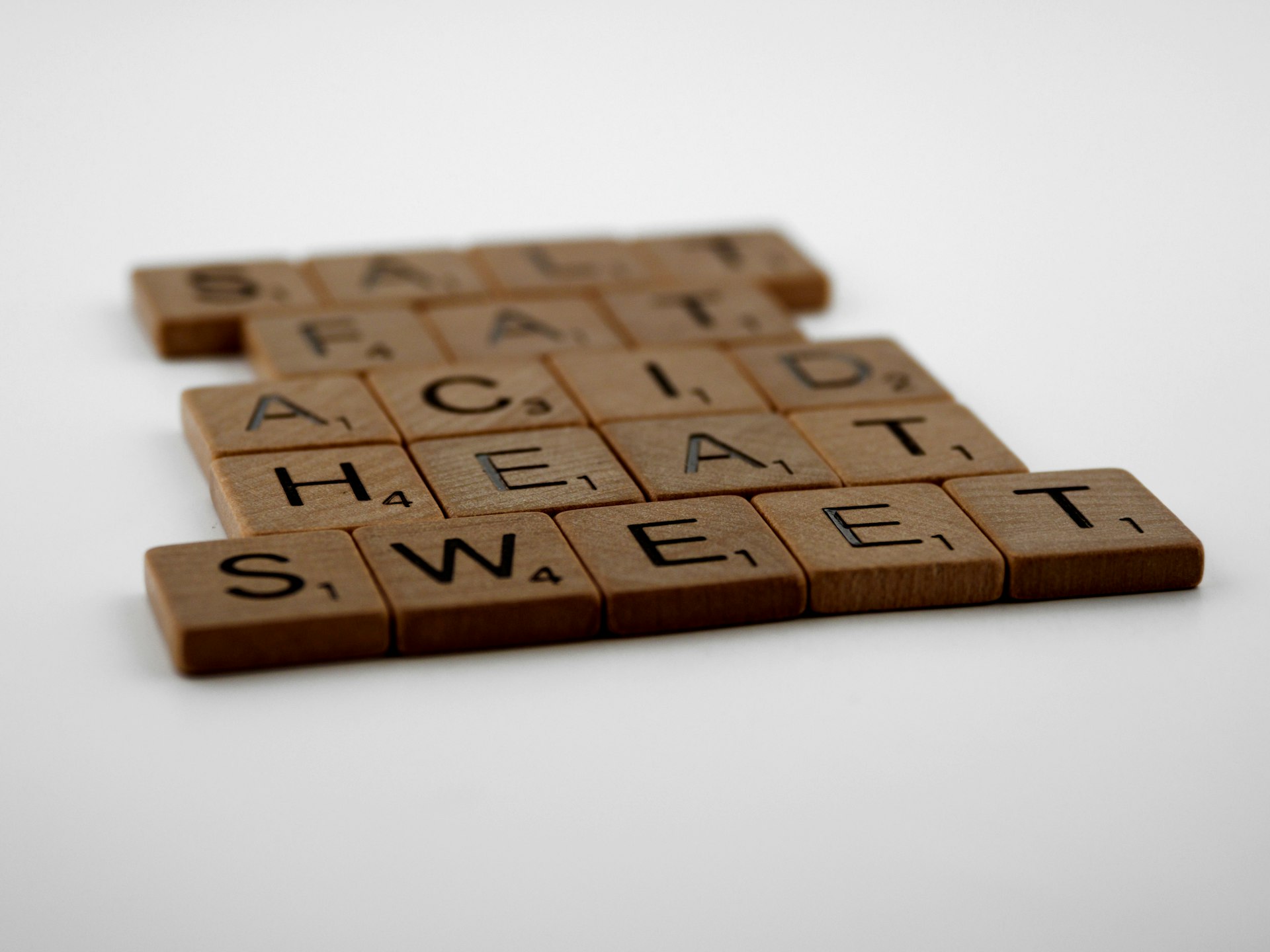How Saliva Safeguards Your Dental Health: A Comprehensive Guide

Photo by Diana Polekhina on Unsplash
Introduction: The Unsung Hero of Oral Health
When most people think about keeping their teeth and gums healthy, they picture brushing, flossing, and regular dental visits. Yet, saliva -the clear fluid constantly produced in your mouth-plays a vital, often overlooked role in maintaining dental health. Without sufficient saliva, your mouth becomes more vulnerable to cavities, gum disease, and even difficulty with basic actions like eating and speaking. Understanding how saliva works and what you can do to protect its production is essential for anyone looking to optimize their oral hygiene.

Photo by Ozkan Guner on Unsplash
The Science of Saliva: What Is It and Why Is It Important?
Saliva is a complex mixture of water, minerals, enzymes, and proteins. While its primary component is water, its unique blend of substances gives it powerful protective properties for your teeth and gums. Saliva is constantly secreted by salivary glands in your mouth and performs multiple critical functions. It helps neutralize acids, remineralize teeth, wash away food particles, and protect against harmful bacteria [1] .
Saliva’s Role in Preventing Tooth Decay
One of the most important ways saliva protects your teeth is by neutralizing acids produced by bacteria in your mouth. After eating, especially foods high in sugar or starch, bacteria break down these substances and release acids as a byproduct. These acids can erode the hard enamel surface of your teeth, leading to cavities. Saliva contains buffers that quickly neutralize these acids, lowering the risk of decay [2] .
In addition, saliva is rich in minerals like calcium and phosphate . These minerals are redeposited onto your enamel in a process called remineralization, which helps repair minor damage and strengthens teeth over time. Without adequate saliva, your teeth remain exposed to acids and are less able to repair themselves, making cavities more likely [3] .
Supporting Gum Health and Preventing Disease
Healthy gums are essential for a healthy mouth, and saliva is a key player in keeping them that way. Saliva washes away food particles and bacteria that can otherwise collect along the gumline and cause irritation or infection. The fluid also contains proteins and enzymes with natural antibacterial properties, helping to keep the balance of microbes in your mouth in check [2] .
If saliva production drops, the risk of gum disease increases. Without enough moisture, bacteria can thrive, leading to conditions like gingivitis (inflammation of the gums) and periodontitis (a more severe gum infection). For this reason, maintaining healthy saliva flow is critical for anyone at risk for gum problems [1] .
Saliva’s Role in Digestion and Oral Comfort
Saliva begins the digestive process by breaking down starches with an enzyme called amylase. It moistens food, making it easier to chew, form into a bolus, and swallow. Without enough saliva, eating dry foods can be uncomfortable or even painful, and nutrition may suffer as a result [4] .
Saliva also keeps the mouth comfortable and lubricated, making it easier to speak and taste. Dry mouth (xerostomia) is not just inconvenient-it can cause persistent bad breath, sore throat, cracked lips, and increased dental sensitivity. In more severe cases, it can even contribute to nutritional deficiencies and weight loss due to difficulty swallowing or eating [1] .
Common Causes and Consequences of Reduced Saliva Production
Many factors can decrease saliva flow. These include:
- Certain medications (such as antihistamines, antidepressants, and blood pressure drugs)
- Medical conditions like Sjögren’s syndrome and diabetes
- Radiation therapy to the head and neck
- Dehydration from not drinking enough water
- Smoking or using tobacco products
The consequences of chronic dry mouth go beyond discomfort. Without enough saliva, the risk of cavities, gum disease, and oral infections rises sharply. People with dry mouth are also more likely to experience difficulty tasting, swallowing, and speaking. If you notice symptoms of dry mouth, it’s important to address them early to prevent complications [1] .
How to Maintain Healthy Saliva Production: Actionable Steps
There are several effective strategies for supporting healthy saliva flow:
- Stay Hydrated: Drinking plenty of water is the simplest way to support saliva production. Aim for at least eight cups of water per day, adjusting based on your activity level and climate.
- Practice Good Oral Hygiene: Brush twice daily with fluoride toothpaste and floss daily. These habits help minimize bacterial buildup, reducing the overall strain on your saliva’s protective functions.
- Chew Sugar-Free Gum: Chewing stimulates saliva flow. Choose gum sweetened with xylitol, which has additional cavity-fighting benefits.
- Avoid Tobacco and Limit Alcohol: Both substances can reduce saliva production and increase your risk for oral diseases.
- Review Your Medications: If you suspect a medication is causing dry mouth, discuss alternatives with your healthcare provider. Do not stop taking any prescribed medication without consulting your doctor.
- Use a Humidifier: Adding moisture to the air, especially while sleeping, may help combat dry mouth symptoms.
- Visit Your Dentist Regularly: Routine check-ups allow early detection of oral health issues related to low saliva. Your dentist can recommend saliva substitutes or stimulants if needed.
If you experience persistent dry mouth, you can ask your dental professional about specialized products like artificial saliva, mouthwashes designed for dry mouth, or prescription medications that may help stimulate saliva production. For more information, visit your local dental association website or speak with a licensed dental professional.
Alternative Approaches and Managing Challenges
Some people may have chronic conditions that permanently affect saliva production. In these cases, managing oral hygiene becomes even more important. Strategies include:
- Frequent sips of water throughout the day
- Using over-the-counter saliva substitutes
- Avoiding salty, spicy, or acidic foods that may irritate dry oral tissues
- Maintaining regular dental visits for professional cleaning and monitoring
It’s important to note that some products marketed for dry mouth relief may not be suitable for everyone. Always consult with a dental professional to determine the best approach for your specific needs.
When to Seek Professional Help
If you notice ongoing symptoms such as persistent dryness, trouble swallowing, changes in taste, or a burning sensation in your mouth, you should contact your dentist or healthcare provider. Early intervention can help prevent the development of more serious oral and general health problems.
To find a dental professional, you can:
- Search your dental insurance provider’s directory for in-network dentists
- Contact your local or state dental association for referrals
- Ask friends, family, or your primary care doctor for recommendations
If cost or insurance coverage is a concern, many states have dental clinics or public health programs that provide reduced-cost or sliding-scale dental care. To locate these resources, search for “community dental clinics” or “public health dental services” along with your city or state.
Key Takeaways
Saliva is much more than just moisture; it is your body’s natural defense system against tooth decay, gum disease, and oral discomfort. By neutralizing acids, remineralizing teeth, fighting bacteria, and supporting digestion, saliva plays an irreplaceable role in dental health. Maintaining adequate saliva flow through healthy habits and regular dental care is essential for a healthy smile. If you experience persistent dry mouth, seek guidance from a dental professional for targeted solutions.
References
MORE FROM promohunterpro.com













